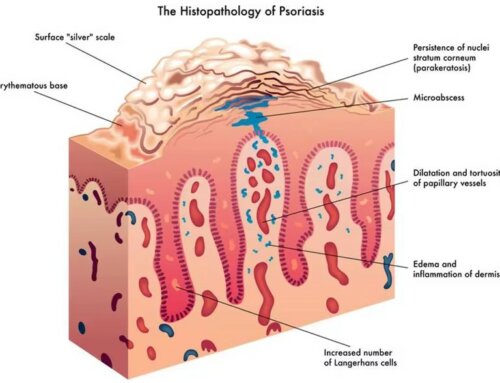This article is part three in a series on Important Diabetes Terms. To catch up, please read part one and part two.
I wanted to continue with more medical terms that are thrown around in the diabetes world. If there is one that I do not cover, please feel free to e-mail me with that request and I will gladly answer you.
- Hypoglycemic Unawareness – People who have diabetes may have this condition; they do not experience the symptoms of hypoglycemia -sweating, dizziness, or shaking due to a blunted epinephrine response. This happens if the body experiences frequent lows and gets accustomed to hypoglycemia. The longer you have diabetes or the more lows you have, the more you are at risk. Be prepared to test blood sugars more frequently and have a sugar source like glucose tablets with you at all times.
- Gastroparesis – The GI tract can be affected by vagus nerve damage due to elevated blood sugars over time and the muscles in the wall of the stomach do not work. This causes a delay in food digestion and could result in fullness, bloating, nausea or vomiting. If you are on insulin, slowed digestion may cause erratic blood sugars. There is no cure, but small frequent meals and Reglan can help. Talk to your physician if you think you may have this condition.
- Fructosamine level – This is a blood test that measures glucose combined with protein in the blood. It reflects the level of glucose in the blood over the last three weeks. It is used as a supplement to an A1C – not in place of it. It helps when the A1C may not be as accurate because of anemia, blood loss, or pregnancy. There is no standard reference range for this test.
- C-peptide – It is a blood test to determine if and how much insulin is being made in the pancreas. It is not used to diagnose diabetes, but can be used to track beta-cell activity over time. This can help your doctor decide when insulin shots are needed. It can also be used to determine recurring hypoglycemia.
- PCOS: Polycystic Ovarian Syndrome – A health problem relating to women who may have irregular periods, small cysts or fluid sacs in their ovaries and elevated levels of androgens or male hormones. The cause is unknown but genetics and hormone imbalance, including increased insulin, play a part. Women with PCOS are usually insulin resistant and have an increased risk of type 2 diabetes. They are treated with exercise, weight management and possibly Metformin.
Keeping up with medical terms will make you less stressed and better prepared whether you use it for informational purposes or are confronted with these terms during a routine visit with your healthcare provider. Keep learning!
NOTE: Consult your doctor first to make sure my recommendations fit your special health needs.






Leave A Comment